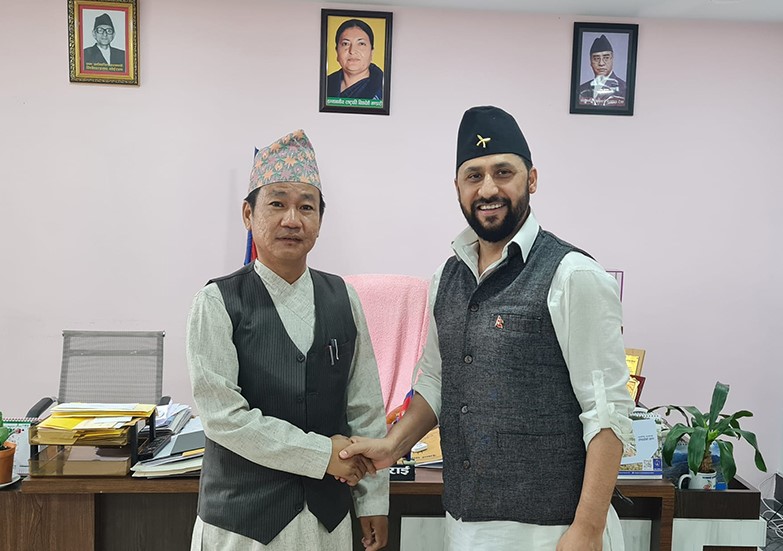The new challengers
Call it ‘Balen effect’ or ‘Sampang effect,’ many young and educated people have declared their independent candidacies for the November elections, and the old-established parties feel unsettled. The groundswell of urban voters’ support to independent candidates in the May election has made parties realize they cannot risk fielding political stooges and placement in the upcoming polls.
Anthropologist Laya Prasad Uprety says the wave of independent candidacies in local and national elections is a sign that Nepali voters, mostly youths, are deeply disenchanted with the established political parties. “Since 1990, Nepali political parties have failed to work for the interest of people. And many of today’s young generation see these parties and their leaders as part of the problem,” says Uprety. “That is why we are seeing a rise in independent election candidates.” Political analyst Lok Raj Baral has a different thought regarding the rise in independent candidates.
He says there is a significant difference between local and federal elections. “Yes, the effects of Balen and Sampang’s victory in the local elections might sway some voters to pick independent candidates, but it cannot make that much of a difference to hurt the established parties.”
Full story here.
National Assembly meeting postponed for Wednesday
The meeting of the National Assembly scheduled for 1pm today has been postponed for Wednesday due to a special reason. Secretary of the upper house of the Federal Parliament Rajendra Phuyal said that the National Assembly will now meet at 11 am on Wednesday. Secretary Phuyal said National Assembly Chairman Ganesh Prasad Timilsina fixed the new date and time for the assembly meeting.
CM Raut calls on migrant workers working in South Korea to invest in Madhesh
Madhesh Province Chief Minister Lalbabu Raut has urged the youth from the province working in South Korea to put in investment in the Madhesh province. Addressing an online interaction on investment possibilities from South Korea in Tarai today, he said there is a huge opportunity for investing in agriculture, tourism, industry and education sector and called on the youth to utilize it. The event was hosted by the Madhesi Samaj South Korea. Chief Minister Raut gave assurances that he would work responsibly towards creating an investment-friendly environment in the Madhesh province. "The goodwill that you demonstrated towards your land is worthy of emulation. I would like to thank you on behalf of the Madhesh government for this. Come back and invest here, we will create that environment. We have expected your cooperation in this connection," he said on the occasion. Chief Minister Raut reiterated that the provincial government has ensured an investment-friendly climate in the province by means of the Industry Act. More than 100 youth from the province currently working and living in South Korea participated in the interaction.
NSU cadres stage demonstration against President Bhandari for delaying to authenticate Citizenship Bill
Cadres of Nepal Student Union, student wing of ruling Nepali Congress, on Sunday staged a demonstration outside the Tri Chandra Multiple Campus against President Bidya Devi Bhandari for delaying to authenticate the Citizenship Bill. They also burnt the effigy of President Bhandari. NSU former central member Birendra Giri said that they were compelled to stage the protest after the President delayed to certify the Bill. Students and security personnel also engaged in a clash after the latter tried to disperse the mob. Some students were injured in the clash. They have demanded that the Citizenship Bill be authenticated at the earliest.



















